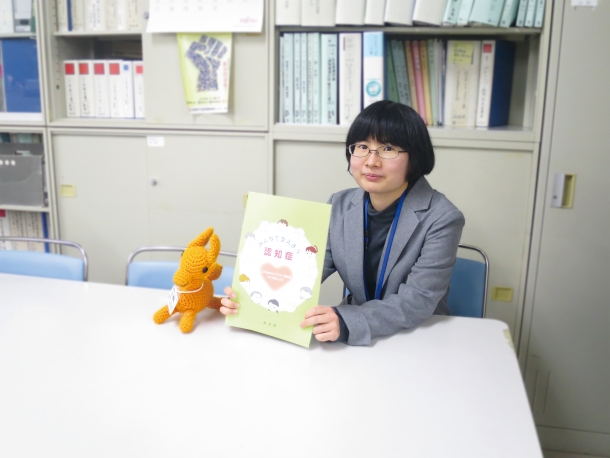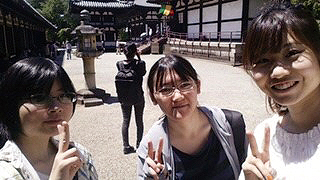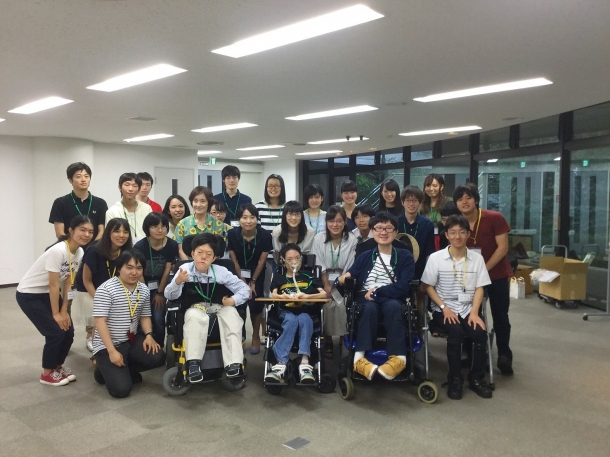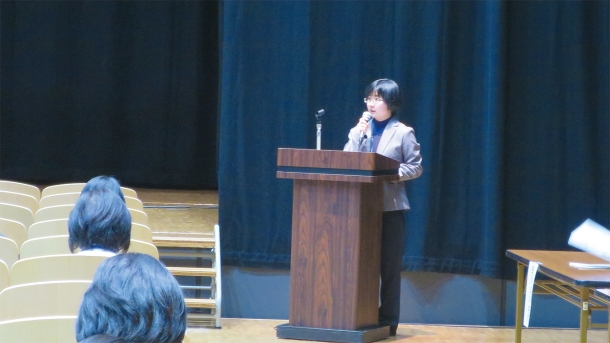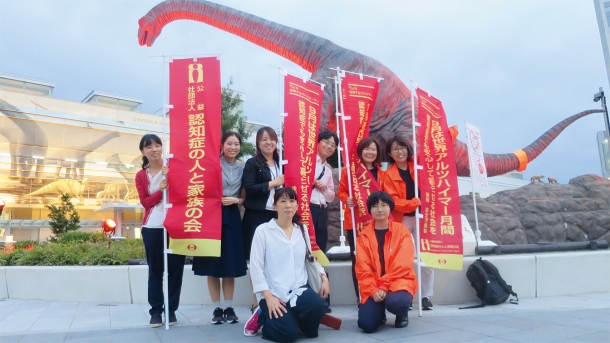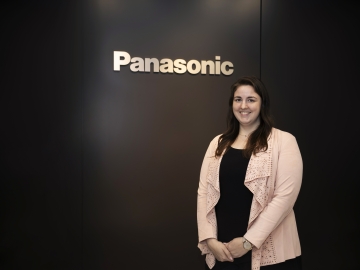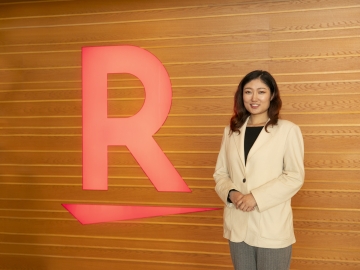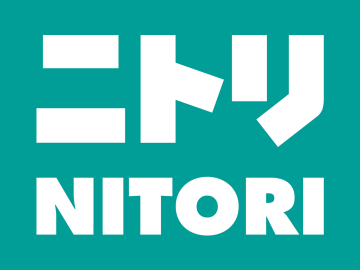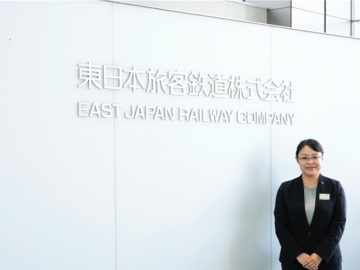Graduate Interview
Fukui Prefectural Government
AKATSUKA,Michiru(Graduated from the School of Humanities and Social Sciences in 2019)
I noticed relationships of mutual support and growth while serving as a supporter for students with disabilities
Prompted by learning about Disabled Student Support Volunteers through this guidebook, I started volunteering right after entering Waseda. Having a family member with disabilities myself, I took a training course because I wanted to support people in the same situation. I started with helping students in wheelchairs get around and taking notes in lectures. Then after practicing typing, I also provided help by taking notes on a computer. My shy personality and lack of familiarity with working as a helper made it difficult for me to communicate with people at first. Nevertheless, I feel that as I continued to work, I got to know the people I was helping little by little, and they got to know me, too. This enabled us to learn from each other and help each other grow. I realized that supporting people doesn’t mean doing something difficult: you can help people just by being kind to them.
I originally wanted to pursue a career working with art and cultural properties, but through my volunteer activities, I realized the enormity of the support the staff at the Office for Students with Disabilities provide, and become increasingly interested in the work behind the scenes. Feeling the government played very meaningful roles behind the scenes in the fields of preserving cultural properties and promoting modern art, I ultimately chose Fukui Prefecture, which is home to seven designated Traditional Japanese Crafts. While preparing for a civil service exam, I also learned about policy measures for promoting relocation to rural areas. This prompted me to decide to leave Tokyo—my home town—to find work.
I tried everything I wanted to while I was at the university—including taking a minor, actively participating in the Antiquities Study Circle, and getting qualifications—and spent my four years there with no regrets. I think the experience of boldly diving into something new and doing your best at it will become an irreplaceable asset.
【Encounters at WASEDA】The chance to expand my learning into different subjects from my major
What I felt while working as a Disabled Student Support Volunteer was that it’s never one-way support. There were many occasions when I was the one being helped. A student with a hearing impairment taught me sign language. When I was helping sempai, they would show me shortcuts across campus, and listen to my concerns and give me advice. I also remember when a student in a wheelchair invited me to take a business course together, and how it helped me expand my learning into a different area from my own specialism. I still keep in touch with some of them, and my relationships with them are no different from the ones I have with all the many other friends I met at the university.
As a member of the Antiquities Study Circle, I visited museums, went on a trip to Kyoto to see some antiquities, and wrote articles on art pieces. The circle members were all eager to study things that went beyond their majors, regardless of which school year they were in. They went to study abroad, got involved in other circles’ activities, and so on. Their enthusiasm was a real inspiration to me. I also took a minor and some courses offered by other universities, with the idea of broadening my horizons. Getting to hear from sempai in my circle about how they were choosing their careers and their experiences in job hunting helped me when I was considering my own career path.
【Current Job】I always remember the importance of taking ownership of a problem and working together to solve it
I now work in a department responsible for welfare for the elderly, where my main responsibilities are policy measures related to dementia. In order to work toward making our community one where people can live free from anxiety even if they develop dementia, we train dementia supporters, and organize seminars on dementia for professionals. We’re also working on a new project to promote policy measures together with people who have dementia. Through spending time with people who have dementia, I want to develop an intuitive understanding of what life is like for them, how they feel, and what they think. Then, I want to reflect these insights in our policy measures. Another thing I came to realize through being a Disabled Student Support Volunteer while at the university was the importance of taking ownership of a problem—rather than thinking it’s just someone else’s—and working together to solve it. The road isn’t easy, but I’ve renewed my commitment to never give up, but keep on working with and for people who have dementia.
Since I’ve also joined a governmental office with the aim of working in the field of traditional crafts, one of my goals is to accomplish something in the traditional crafts department in the future. Having said that, there’s a lot to be learned from all kinds of work, including the welfare field I’m currently in. I hope I’ll be able to leave a good legacy for Fukui Prefecture by absorbing a wide range of things through various kinds of work.
※This article is reprinted from Future Design Guidebook 2021.

